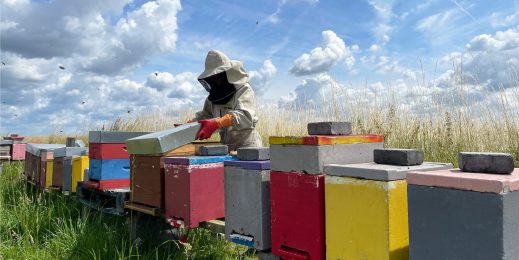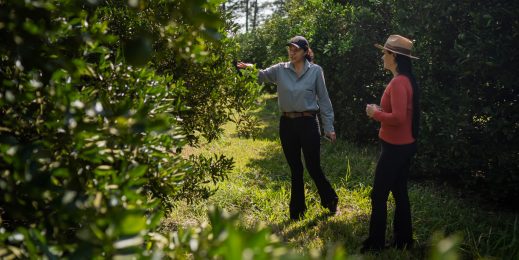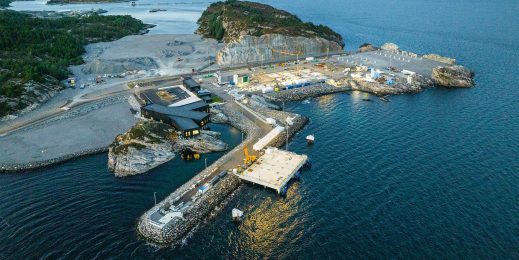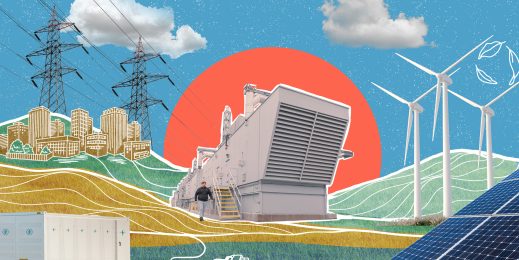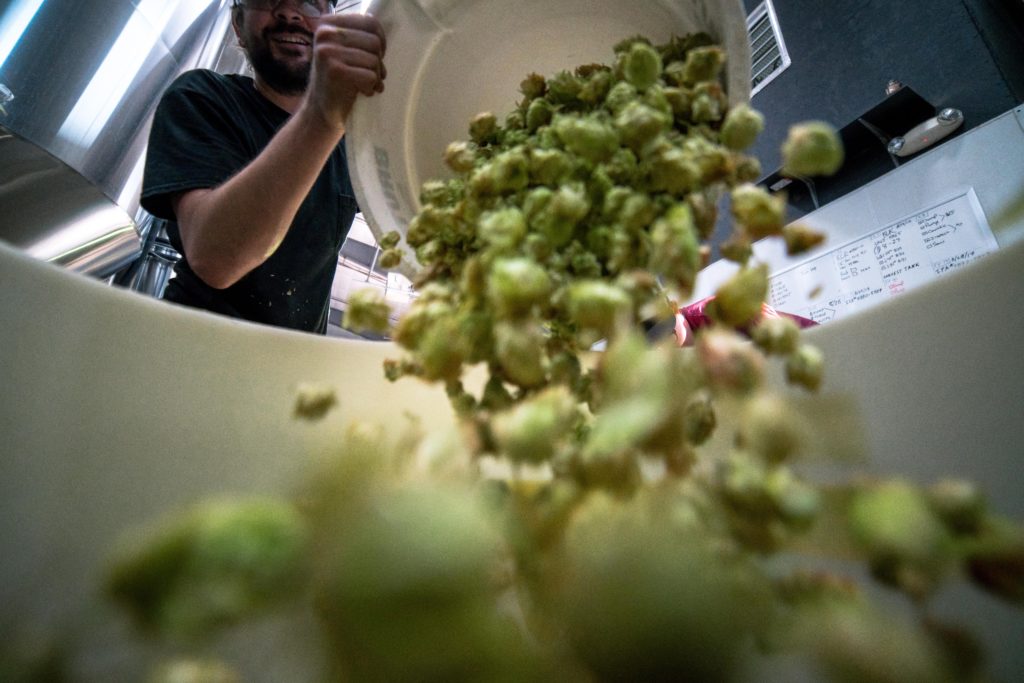
Ensuring no food gets left behind with AI
As you open the pantry door, you discover that some of the food you purchased yesterday has already gone off or perished – despite the expiry date being weeks away.
Feelings of guilt and anger start to wash over you, and rightly so. Food wastage not only affects you economically, but has a widespread ethical and environmental impact. Notwithstanding your own personal loss, there’s around 88 million tonnes of food waste in Europe each year, which has associated costs estimated at €143 billion. Put simply by Bernhard Url, executive director of the European Food Safety Authority: “Europe wastes 30% of food, it is an ethical scandal.”
While European food safety and packaging standards are some of the most rigorous in the world, regulation is only part of the solution. From manufacturers that produce and process foods to retailers who make foods available for purchase, there are many organizations in the food chain who are turning to technology to help prevent and reduce food waste.
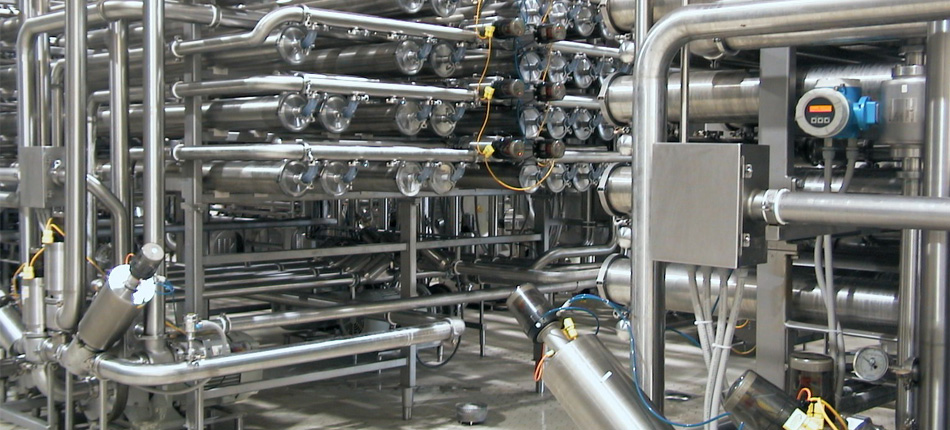
DVNutrition, a leading producer of whey protein, is leading the charge by revolutionizing its production processes with artificial intelligence (AI). Producing more than 10,000 tonnes of whey protein per year, the Dutch manufacturer needs to ensure it can make fully-formed decisions throughout the production process so that none of its produce goes to waste.
Leon de Ridder, Client Manager at Axians, an ICT solutions company who collaborated with DVNutrition to create a digital twin feature said: “For DVN we created a digital twin that adjusts the operational planning near real-time based on the constantly changing situation in the production process. Our ecosystem with sister companies Actemium and Bostec makes strong cooperation possible in which domain knowledge, process knowledge and innovation are combined. ”
Combining the expertise of its operators with data-driven insights and predictive analytics, DVNutrition is able to slow down and even stop production just as its storage tanks fill up. This means DVNutrition’s manufacturing process is directly aligned with its storage capacity, mitigating the risk of overproduction and minimizing waste.
What’s more, by applying new algorithms and analyzing new and historic data, DVNutrition hopes to enhance the quality of whey proteins and permeates. “Whey is a natural product and the seasons affect the composition. To guarantee high quality, we have to anticipate seasonality in our process. Using up-to-date data, such as temperature, we can to make proactive adjustments in real-time,” says Marcel Boon, General Manager of DVNutrition.
“Through AI, we make our operators even smarter by providing them with relevant and unambiguous data. In this way, we can continuously sharpen our production processes and enhance the quality of our products.”
While modifying factory procedures and empowering operators helps resolve some aspects of food wastage, how else can manufacturers ensure food keeps well long after its left the factory floor and stored in people’s pantries?

Package quality and appearance – wrinkles, dents or cracks – is one of the main causes of food waste. Tetra Pak, a market leader of food processing and packaging solutions in more than 175 countries, is developing AI-powered systems, one of which takes a picture of every single package that comes out from the production line and performs an inline analysis to reduce failures.
Traditional methods of package quality control require operators to sample a small number of packages. Tetra Pak’s proof of concept analyzes each package image by a system containing a deep neural network model, which can identify whether a package has a problem or not. Thanks to AI, Tetra Pak can better understand issues in its customers’ production and provide them with recommendations; correlating errors with process settings as well as addressing relevant root causes.
“A single machine produces around seven packages per second, which makes individual manual inspection of every package unfeasible,” says Johan Nilsson, VP Industry 4.0 Solutions & Digital of Tetra Pak. “With this inline technology, Tetra Pak together with our customers can better secure the required package quality and appearance.”
As you clean out your pantry of all the expired food, you take a deep breath and make plans to return to the grocery store. As you write your shopping list, you hope neither the food you buy nor the money you spend goes to waste. By leveraging technology like AI, food manufacturers across Europe are doing their part to make this waste-free dream become a reality.
For more information on how Artificial Intelligence is transforming manufacturing click here.









